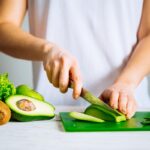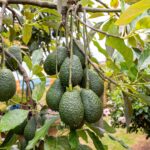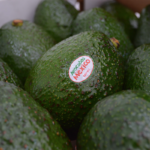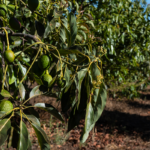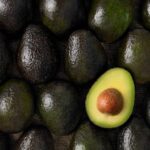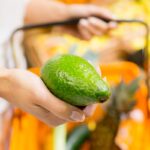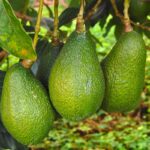The rapid rise of Brazilian Hass avocados

Long dominated by Chile and Peru in Hass avocados, South America has seen a range of other countries in the region coming to join the party, from niche producers like Ecuador and Argentina through to Colombia which is on track to becoming an influential player in its own right.
So with all this development, how far behind is the continent's largest country, Brazil?
The nation's leading producer, Sao Paulo state-based Jaguacy, is leading an ambitious planting program that will take its avocado fields up to 600 hectares by the end of this year, along with a further 600 hectares from affiliated growers.
The group has invested in a modern packing facility for processing, packing and dispatching fruit for both domestic and overseas markets, with more than 6,000 square meters of temperature-controlled space for the crop.
The center also has a section for processing frozen avocado pulp, and also caters for the production of avocado oil which it already exports to Taiwan.
Additionally, Jaguacy obtained organic certification this year and expects to have organic avocados available for Brazilian and international customers in 2018.
"We are now planting more and more all the time. We are now doing franchising for the avocados with outside growers to grow production more rapidly," the company's Vitor Falanghe Carvalho tells Fresh Fruit Portal.
"The international partnerships that we are developing are doing very well and growing a lot with reliability and more closeness - we also have an office in Holland," he said.
Jaguact itself was able to export 265 containers, or 7,000 metric tons (MT), in the season that finished a bit more than a month ago
With the increased plantings and volumes coming on-line in the future, Falanghe Carvalho forecasts the Brazilian Hass avocado sector will be able to grow its production by 2,500MT per year, reaching 15,000MT by 2020.
To put this into perspective, Colombia exported just over 18,000MT last year.
"Brazil is a very small base but it’s growing [in Hass consumption] by around 40-50% per year, while in Europe it’s growing by over 15%. The avocado story is good nowadays and I believe it’s going to be like that for a good period," the executive said.
He said with the industry in such a significant stage of development, the Brazilian Avocado Growers' Association (ABPA) was recently formed with the goal of bringing producers together and implementing actions that will improve the sector.
Falanghe said ABPA sought to raise productivity, harvests and logistics for the consumer. Along with this Jaguacy has its Associated Production Program, designed to expand plantings further at a rate of around 200 hectares annually.
















